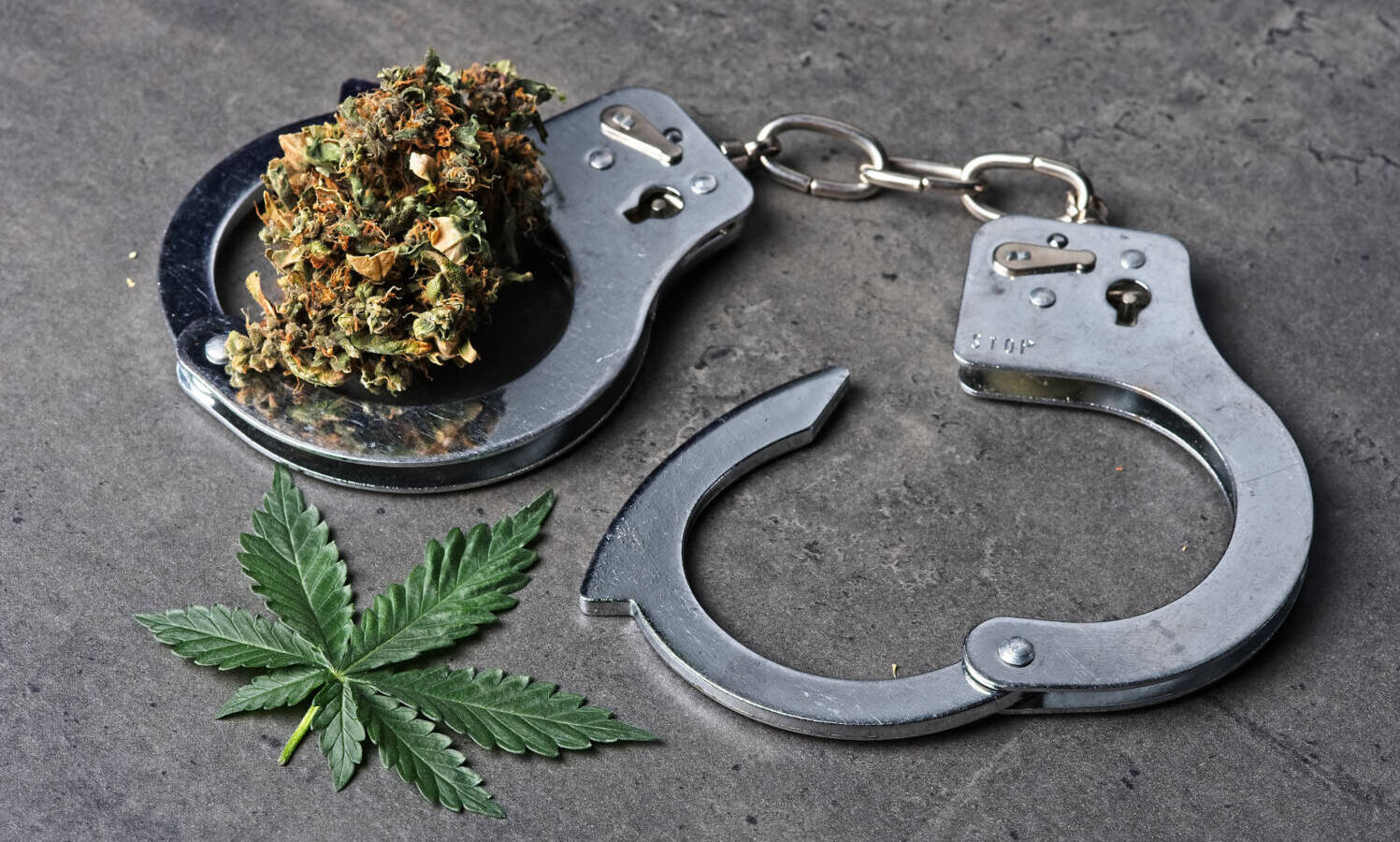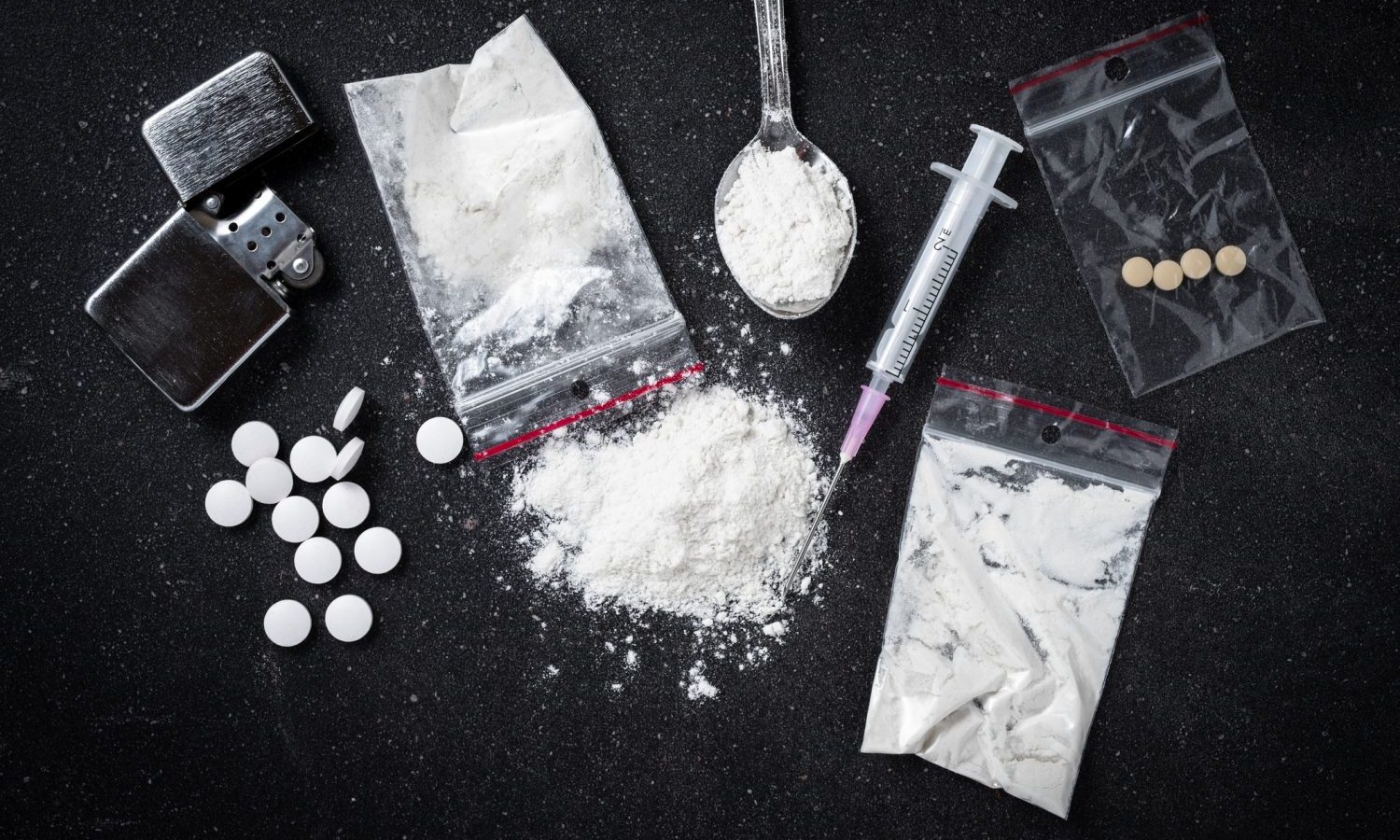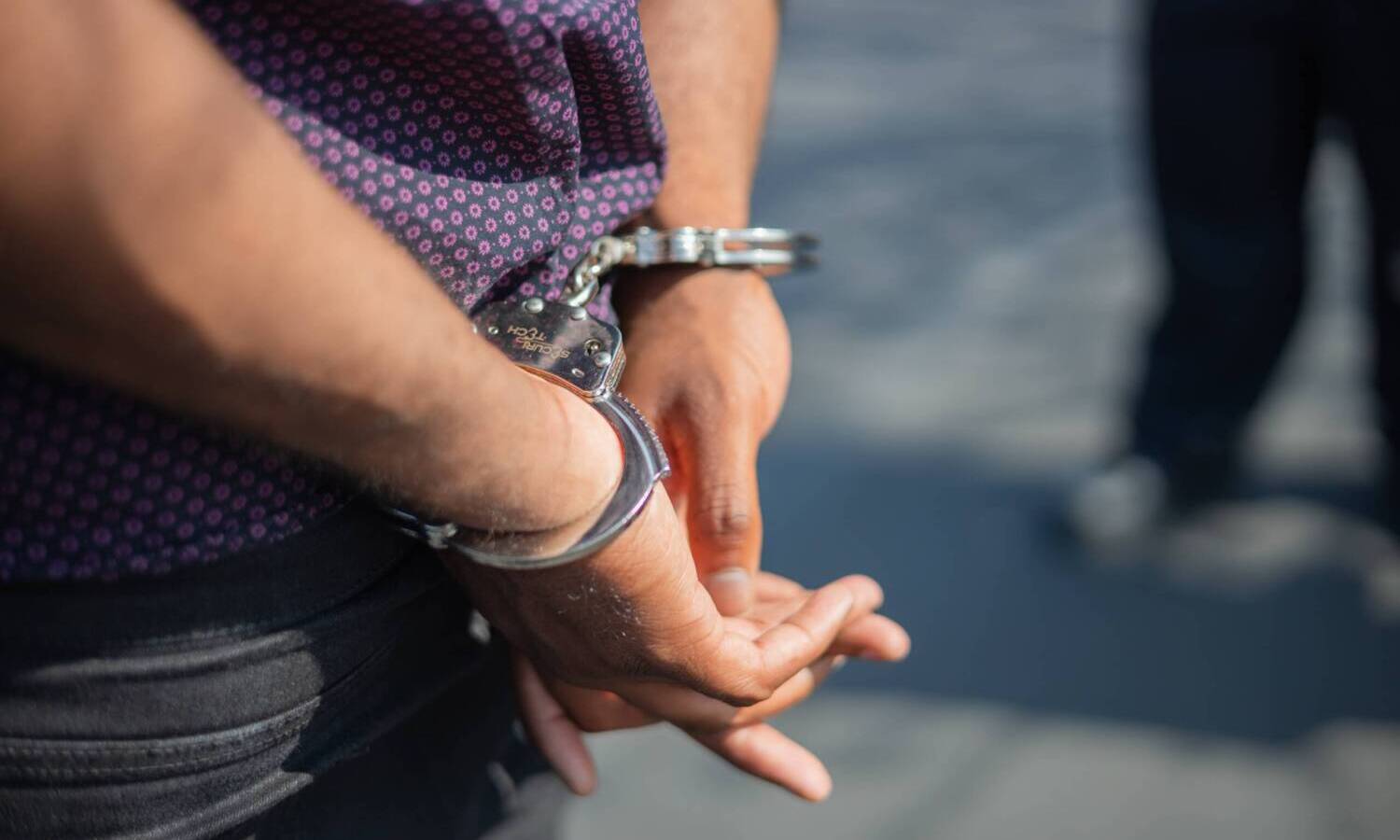The number of states taking steps toward drug decriminalization is on the rise, including Vermont, Florida, Maryland, Rhode Island and Washington State, to name a few.
By
Since Richard Nixon declared the War on Drugs nearly 51 years ago, arrests, convictions and mass incarceration have been the centerpiece of the U.S.’s drug policy approach.
The first significant breakthrough in the field of drug decriminalization came in the form of the Drug Policy Alliance’s 2020 legislative proposal “Dismantling the Federal Drug War: A Comprehensive Drug Decriminalization Framework,” which seeks to remove criminal penalties for all possession or personal-use quantities of controlled substances, shifting resources towards a public health approach.

Later that year, Oregonians approved a measure that marked an unprecedented change in the history of U.S. drug policy. Measure 110, which passed with 58.8% of the vote on the November ballot, decriminalizes the possession of small amounts of all illegal drugs, including cocaine, heroin, oxycodone, methamphetamine and LSD, among others. It also creates a support program for drug abuse and addiction.
In June 2021, U.S. House Reps Bonnie Watson Coleman (D-NJ) and Cori Bush (D-MO), in collaboration with the Drug Policy Alliance (DPA), introduced the Drug Policy Reform Act (DPRA) — a bill seeking to end criminal penalties for drugs possession at the federal level. At the time, a poll by Data for Progress and The Appeal, which analyze public opinion around drug prohibition and decriminalization, revealed that seven in ten Americans say they believe federal drug policies are not working and need to be reformed.
GOP Support For Drug Decriminalization Grows
The new survey from Data For Progress and the People’s Action Institute found that a vast majority of Americans, including most Republicans, support drug decriminalization.
While there are still 25% of those who oppose the reform, support for the proposal has increased by 10 percentage points overall since voters were asked about it last year.
The recent survey, which involved 1,260 likely voters and a margin of error of +/-3 percentage points, revealed that a majority of Republican voters (54%) agree with drug decriminalization as compared to 42% last year.
Democrats and independents back the policy change at 82% and 75%, respectively.
RELATED: What Are Americans’ Views On Cannabis In General? New Poll Reveals
“Last year, the state of Oregon decriminalized the possession of small amounts of drugs. Instead of being prosecuted, a person possessing small amounts of drugs will receive a fine (like a parking ticket). A person can get the fine waived if they participate in screenings from services like treatment, housing, mental health care, and employment. Would you support or oppose a similar measure nationwide,” a new decriminalization question asked, thereby providing more specifics about the policy.

Overdose Prevention Centers Gain Popularity
A national poll released Friday showed that support for overdose prevention centers (OPCs) is also growing. Nearly two-thirds of those asked support safe consumption sites.
New York City became the first in the nation to open OPCs in November, where people can use illicit drugs and receive medical care and services. Three weeks after opening the OPCs, the NYC Health Department reported that the sites had saved dozens of lives by having averted at least 59 overdoses and that the sites were utilized more than 2,000 times.
RELATED: Here’s How Many Americans Want To See Marijuana Legalized, New Poll Reveals
With nearly two in five Americans either knowing someone who has or is struggling with addiction or overdose, OPCs are becoming a necessity.
To tackle the record number of overdoses, President Joe Biden unveiled a new strategy on Thursday for dealing with drug addiction as well as overdoses. In his plan, Biden seeks to expand access to medication for opioid overdoses, increase funding for law enforcement and expand sanctions against traffickers, reported Reuters.
In the meantime, the number of states taking steps toward drug decriminalization is on the rise, including Vermont, Florida, Maryland, Rhode Island and Washington State, to name a few.
This article originally appeared on Benzinga and has been reposted with permission.


